Pregnancy Diet: Nutrition Tips for Pregnant Women
Maintaining a healthy and balanced diet during pregnancy is crucial for the health and development of the growing fetus, as well as the health of the mother. A healthy diet can provide the essential nutrients needed for proper fetal growth and development, reduce the risk of complications during pregnancy, support maternal health, and build a strong immune system for the fetus.
Hence, we know that nutrition plays a critical role in pregnancy, as it directly affects the growth and development of the fetus. Proper nutrition during pregnancy involves consuming a balanced and varied diet that includes adequate amounts of protein, carbohydrates, healthy fats, vitamins, and minerals. It is important for pregnant women to pay close attention to their nutrient intake and avoid consuming foods that may be harmful to the fetus, such as raw or undercooked meats, fish with high levels of mercury, and unpasteurized dairy products.
Adequate hydration is also important during pregnancy to support fetal development and prevent complications. Additionally, taking prenatal vitamins and supplements can help ensure that pregnant women receive the necessary nutrients for a healthy pregnancy. In this context, understanding the importance of diet in pregnancy is crucial for expecting mothers to make informed decisions about their nutrition and promote the best possible outcomes for themselves and their babies.
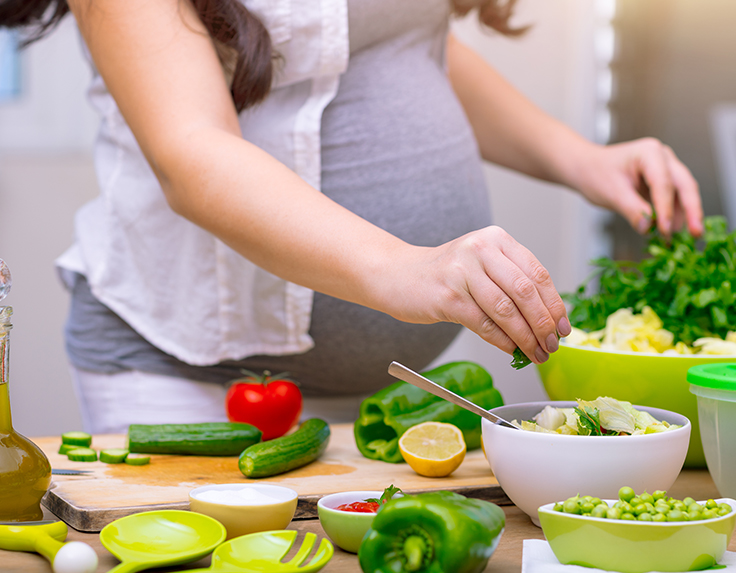
What is a good diet for pregnancy?
A nutritious pregnancy diet should include a variety of nutrient-dense foods that provide essential vitamins, minerals, and macronutrients needed for fetal growth and development.
Fruits and vegetables should be a primary focus of the pregnancy diet as they provide important vitamins, minerals, and fiber. Whole grains are another important component, providing fiber, vitamins, and minerals that support fetal development. Additionally, lean protein is essential for fetal growth, and good sources include chicken, fish, lean beef, beans, and tofu.
Low-fat dairy is also important, as it is a good source of calcium, which is critical for fetal bone development. Consuming healthy fats like avocados, nuts, seeds, and olive oil can provide energy and support the absorption of important vitamins. Proper hydration is also essential during pregnancy, so it’s important to drink plenty of water and avoid sugary or caffeinated drinks.
Pregnant women should avoid certain foods that can be harmful to the developing fetus, such as raw or undercooked meats, fish with high levels of mercury, and unpasteurized dairy products. It’s also important for pregnant women to consult with their healthcare provider and consider taking prenatal vitamins to ensure adequate nutrient intake. By following a healthy and balanced pregnancy diet, expecting mothers can support the best possible outcomes for both themselves and their growing babies.
Now that you know what comes under a good diet in pregnancy, let’s have a look at the diet to be taken during this time.
What diet should be taken during pregnancy?
The Indian diet offers a wide range of nutritious foods that can benefit pregnant women. Here are some examples of diet for pregnancy:
Whole grains: Whole grains like brown rice, quinoa, oats, and millets are high in fiber, vitamins, and minerals that are important for fetal growth and development.
Lentils and beans: Lentils and beans are an excellent source of protein, iron, and fiber, which are essential for the developing fetus and the mother.
Milk and dairy products: Milk, yogurt, and cheese are rich in calcium, which is critical for fetal bone development.
Leafy greens: Leafy greens like spinach and fenugreek are high in vitamins and minerals, including folate, which is important for fetal brain and spinal cord development.
Nuts and seeds: Nuts and seeds like almonds, walnuts, and sesame seeds are a good source of healthy fats, protein, and fiber.
Fruits and vegetables: Fruits and vegetables like oranges, mangoes, papayas, sweet potatoes, and carrots are high in vitamins and minerals, including vitamin C and beta-carotene.
However, it’s recommended that pregnant women consult with their healthcare provider and consider taking prenatal vitamins to ensure adequate nutrient intake.
How to take diet during pregnancy?
During pregnancy, the health of the mother and the baby are intricately linked, and a nutritious and balanced diet can make all the difference. To keep you and your little one healthy, here are some top-notch tips on how to take your pregnancy diet game to the next level:
Eat a variety of foods: Eating a variety of foods from different food groups can provide the necessary nutrients needed for fetal growth and development.
Include whole grains: Whole grains like brown rice, quinoa, and oats are rich in fiber, vitamins, and minerals that are important for fetal development.
Consume protein-rich foods: Protein is essential for fetal growth, and good sources include lean meats, fish, eggs, beans, and lentils.
Eat plenty of fruits and vegetables: Fruits and vegetables are packed with essential vitamins and minerals, such as vitamin C, folate, and potassium.
Choose healthy fats: Healthy fats found in nuts, seeds, avocados, and fatty fish are important for fetal brain development.
Stay hydrated: Drinking plenty of water and other fluids like coconut water, fresh fruit juice, or herbal tea can help prevent dehydration and constipation during pregnancy.
Limit unhealthy foods: Avoid processed foods, sugary drinks, and junk food, as they provide empty calories and offer little nutritional value.
It’s also important to consult with a healthcare provider or a registered dietitian to develop a personalized meal plan that meets individual nutritional needs. Additionally, taking prenatal vitamins and following any specific dietary recommendations provided by a healthcare provider can help ensure that the pregnant woman and her developing baby are getting the nutrients they need for a healthy pregnancy.
While this information helps in attaining a clear understanding of nutrition during pregnancy, it’ll be great to have some of the frequently asked questions answered as well.
FAQs
Q: What is a nutritional diet while pregnant?
A: A nutritional diet while pregnant includes a variety of foods from all food groups, with an emphasis on whole grains, lean proteins, fruits, vegetables, and healthy fats. It’s essential to consume sufficient calories, vitamins, minerals, and other essential nutrients to support the growing fetus’s development.
Q: What are the best nutrients to eat while pregnant?
A: The best nutrients to eat while pregnant include folic acid, iron, calcium, vitamin D, omega-3 fatty acids, and protein. These nutrients play a vital role in the development of the baby’s brain, bones, and overall growth.
Q: What are 3 foods rich in nutrients for pregnancy?
A: Three foods rich in nutrients for pregnancy include leafy green vegetables, eggs, and fish. Leafy green vegetables are rich in folate, iron, and calcium, while eggs are an excellent source of protein, iron, and choline. Fish, particularly fatty fish like salmon, is rich in omega-3 fatty acids, which are essential for the baby’s brain development.
Q: Which fruit is best in pregnancy?
A: Many fruits are beneficial during pregnancy, but some of the best fruits to eat during pregnancy include berries, citrus fruits, bananas, and avocados. Berries are rich in vitamin C and antioxidants, while citrus fruits provide vitamin C and folic acid. Bananas are a good source of potassium, and avocados are rich in healthy fats and fiber.













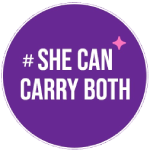















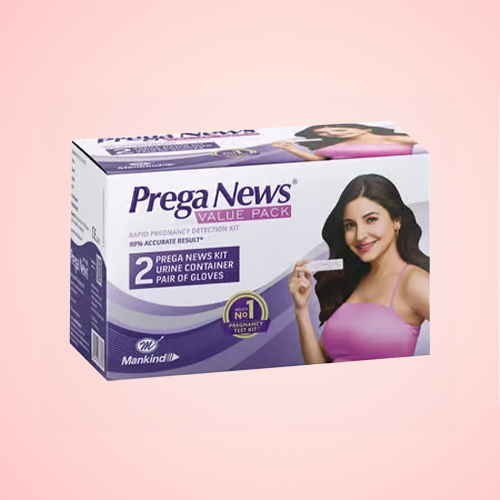



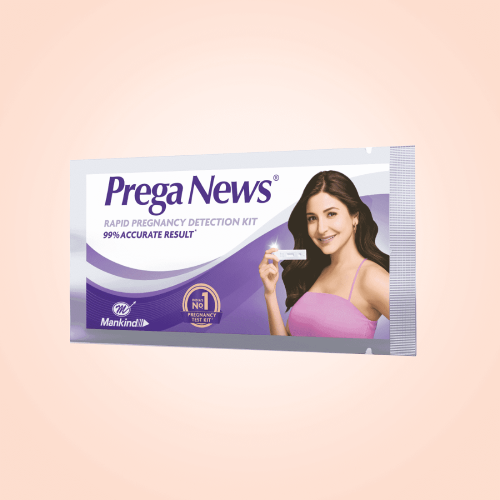
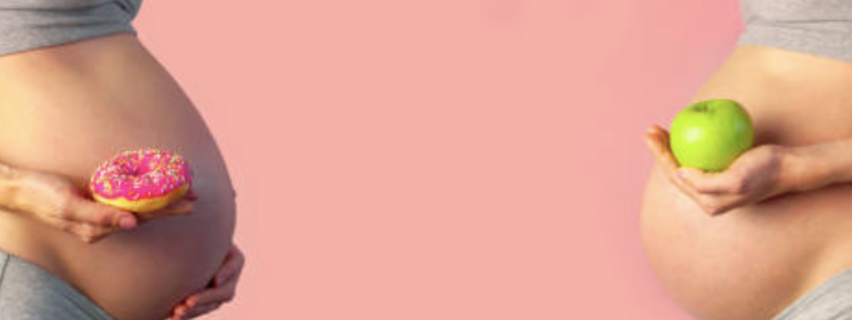








Leave a comment